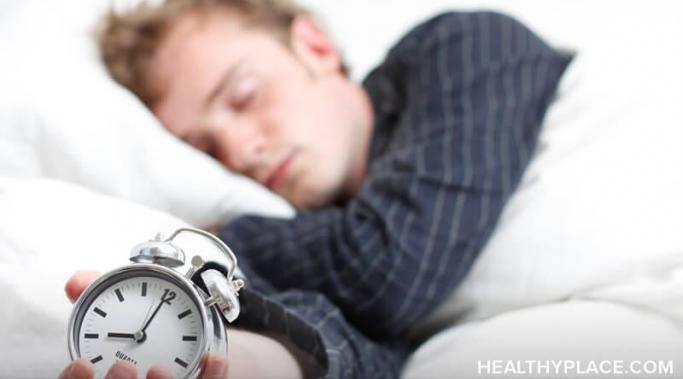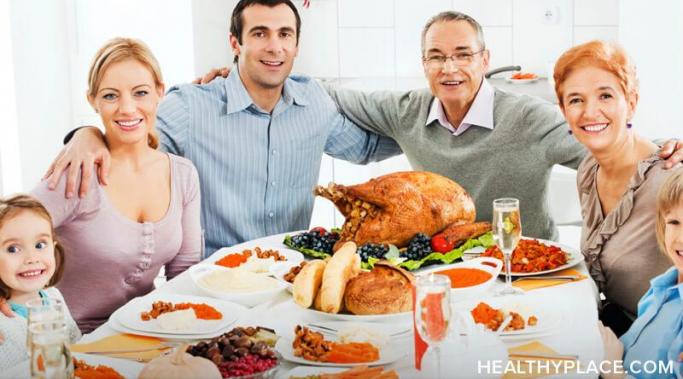Blogs
Thanksgiving gatherings trigger feelings and emotions for everyone, but not all of those feelings are of peace or gratitude. Some people have wonderful memories of celebrating with childhood friends and relatives. Many of these people feel excited to reunite with loved ones they have not seen in a long time. Other people have unpleasant memories of the holiday. Many of these people feel stressed out, sad, lonely, angry, etc. If you feel anxious or depressed around Thanksgiving, it can be hard to find peace and gratitude. Here are six tips to help you feel better during Thanksgiving.
I have been taking antidepressants since 2018, even though they make me lazy. They are lifesavers that help keep my clinical depression down to a manageable level. However, they come with a hard-to-ignore drawback: they make me feel drowsy. I have long been one of those people who are slightly sleepy at all times. Antidepressants, while giving me clarity of thought and a will to live, make me more sluggish than usual.
If you are leaving an abusive situation or are trying to put one behind you, congratulations. Finding the strength to do what is best for you can be difficult, but it is worthwhile. However, recovering from abuse, whether verbal, emotional, physical, or otherwise, is not easy, and the path can be full of triggers or roadblocks.
Maintaining a self-harm sober streak can be difficult in the best of times, but for many people, the holidays can be especially trying. Here are some things to keep in mind while walking the path of self-injury recovery this holiday season.
It's no secret that depression can affect your behavior -- that it can cause you to do and say things you wouldn't ever otherwise do or say. But when should you hold yourself accountable for bad behavior? And to what extent does mental illness excuse bad behavior? What kind of allowances should we expect in times of poor mental health, and what kind of allowances should we be prepared to grant to others? When is depression simply not an excuse?
In a recent post, I discussed why I like wearing comfortable clothes to manage anxiety and what, specifically, comfort means to me in that context. In this post, I want to do something similar, only this time I’m discussing furniture as opposed to clothing. Again, ensuring one’s furniture is comfortable is a pretty self-evident thing to do, but like my recent post, I want to go into a bit more detail with regards to what that means to me.
Why am I, a queer woman of mostly European descent, talking about the movement to decolonize body image? The answer is simple: because it matters—therefore, it must be talked about. In the United States, November is recognized as National Native American Heritage Month, which makes this as ideal a time as any to further the conversation.
Memes are pretty much a staple of the Internet. I’m sure even those who carefully curate their social media feeds have memes scattered about in posts from those they follow. As funny and relatable as they can be, what role do they have in stigmatizing mental health?
I used to dread the holidays because of my schizoaffective anxiety. This year, however, I’m looking forward to them. Here’s why.
When I had my first child, there were not as many work-from-home options. With the global pandemic, more people have flexible work arrangements. I've had several work arrangements with my children. I've been a stay-at-home mom, a working mom, and a work-from-home mom. There are advantages and disadvantages to each. But regardless of your work situation, each one can present its own unique challenges if you have postpartum depression (PPD). You're going to have bad days, no matter what you do. The question is, how do you set yourself up for good mental health by managing PPD at work and home in spite of those bad days?









